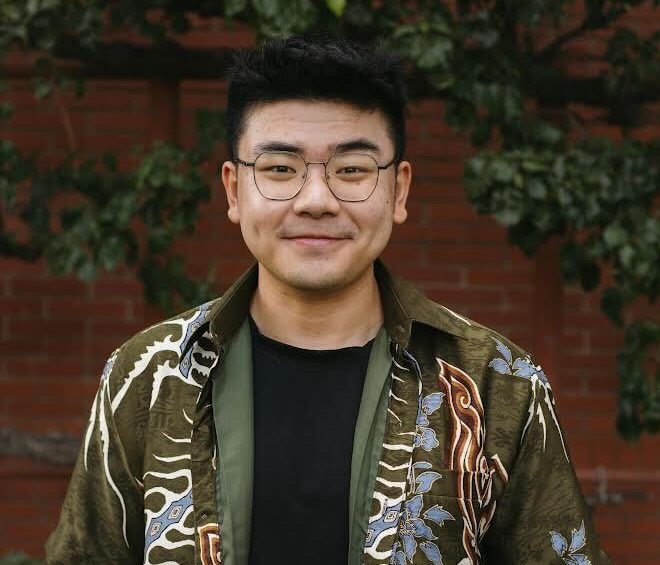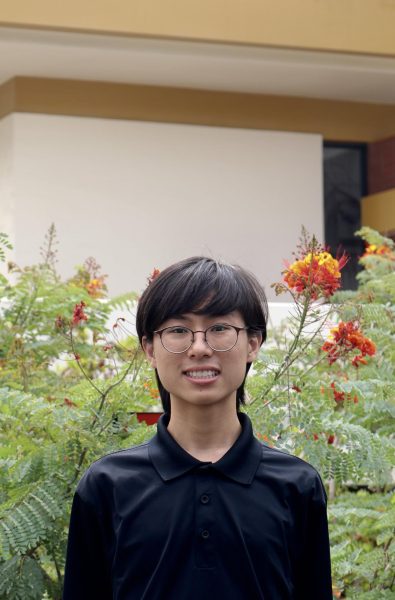It is common to think that the logical and creative parts of the mind cannot be reconciled or coexist. However, Brahms Mulyawan, a student majoring in both music performance and business analytics, proves that an expert in hard-coded logic can also be expressive and deeply creative.
As a pianist and cellist, he mainly performs in the classical music genre, but sometimes dabbles in pop and jazz.
Mulyawan began learning music at a very young age.
“I don’t remember the time when I didn’t play music, because I started like four years old,” Mulyawan said.
Mulyawan performs in the Biola Symphony Orchestra and has previously performed in chamber music recitals and PRISM Concert. Just last year, he was also able to perform at the Walt Disney Hall, where he gained experience working with professional musicians.
Mulyawan enjoys the way that he can express emotions through his music.
“It’s such a good way for me to express,” Mulyawan said. “Especially when you are feeling a certain type of feeling that is so hard to verbalize.”
MUSICIAN’S ANXIETY
As he began to learn more about music performance, Mulyawan found one unexpected struggle that arose was the anxiety of constantly wanting to improve. He clarified that wanting to improve is not necessarily a problem, but the possibility of placing too much value in music and heaping too many expectations on his own shoulders.
“I think that’s a problem that a lot of people in the conservatory are facing, and me included. Obviously, there’s like a good balance, you still have to care about your next performance, you can’t just [do] whatever, you know. But you also cannot be like, you mess up, and then it’s the end of the world,” Mulyawan said. “You can’t think it like that. You have to just again, know that at the end of the day, there’s something bigger than you, than just this performance. God is bigger than everything.”
EXPRESSION, NOT IMPRESSION
Another trap that Mulyawan noted was the idea of playing music to impress people.
“That kind of defeats the whole purpose of music,” he said. “Music is to express what you have. It’s a universal language.”
Mulyawan criticized the idea of trying to be perfect in technical music skills.
“There’s no use of that if you cannot inspire people through your music if you cannot touch people through your music,” Mulyawan said.
He hopes that when he performs, the people do not just think that the performance was good, but that they leave the performance having evoked emotions and reignited memories.
FUTURE PLANS
Mulyawan sees himself continuing to perform, but he also would love to get into music production, hoping to see other musicians use his own music to express themselves.
He recognizes that composition is a different field with many unique challenges and that he is still in the casual stage when it comes to learning. But the potential legacy and impact of making a composition, he says, is great.
“As long as someone is willing to play it, it never dies,” Mulyawan said.
Interested in featuring your art and story on the Chimes? Submit a feature story request here through our Chimes Art Feature form.










